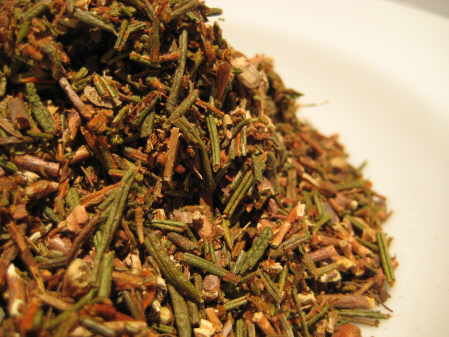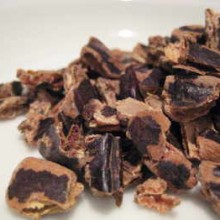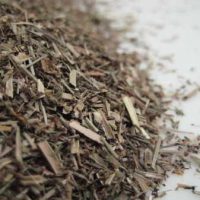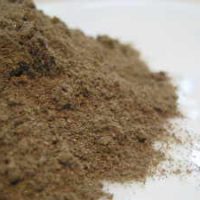Labrador Tea is a name commonly applied to three closely related species or rhododendron: They include:-
Rhododendron tomentosum (Northern Labrador, previously Ledum palustre) – THIS PRODUCT
Rhododendron groenlandicum (Bog Labrador, previously Ledum groenlandicum or Ledum latifolium)
Rhododendron neoglandulosum (Western Labrador, or Trapper’s Tea, previously Ledum glandulosum)
(previously and sometimes still called Ledum palustre)
History and Uses of Labrador Tea:-
In Labrador itself, Labrador Tea is also frequently called Indian Tea. All three species are primarily wetland plants in the Heather family (Ericaceae) with strongly aromatic leaves that can be used to make a very palatable herbal tea. Labrador tea has been a favourite beverage among Athabaskan and Inuit peoples for years and years.
The Athabaskans brew the leaves as a beverage and some people chew the raw leaves because they enjoy the flavour. Others use Labrador tea to spice meat by boiling the leaves and branches in water and then soaking the meat in the tea.
The Pomo, Kashaya, Tolowa and Yurok peoples of Northern California boiled the leaves of Rhododendron neoglandulosum similarly, to make a medicinal tea. In Greenland, this is still the case. Here it is also used in facial steam bath.
In medieval Northern Europe, it was often brewed in “gruit” ales, prior to the adoption of hops.
The tea is considered a tonic, diaphoretic, and pectoral, having a very pleasant odour and rather spicy taste. It is useful in coughs, dyspepsia, and irritation of the membranes of the chest. An infusion has been used to soothe irritation in infectious, feverish eruptions, in dysentery, leprosy (in the past (but to what effect this editor can find no reference but suspects none), itch, etc. A strong decoction (too strong to drink – see cautions below) used as a wash, will kill lice. The leaves are also used to soothe an inflamed or sore throat.
Labrador Tea Essential Oil (Ledum groenlandicum) can be purchased here……
Cautions:-
Labrador tea contains ledol, a poisonous substance that can cause cramps and paralysis. It has narcotic properties. Evidence suggests that excessive use of the tea may cause delirium or poisoning. Toxic terpenes of the essential oils cause symptoms of intoxication, such as slow pulse, lowering of blood pressure, lack of coordination, convulsions, paralysis, and ultimately death in too excessive use at strong dosage. It is considered absolutely safe in a weak tea solution, but should not be made too strong.
One teaspoon of the loose leaf tea per person and brew for around 3 to 5 minutes, strain and drink adding honey if sweeteness required.






